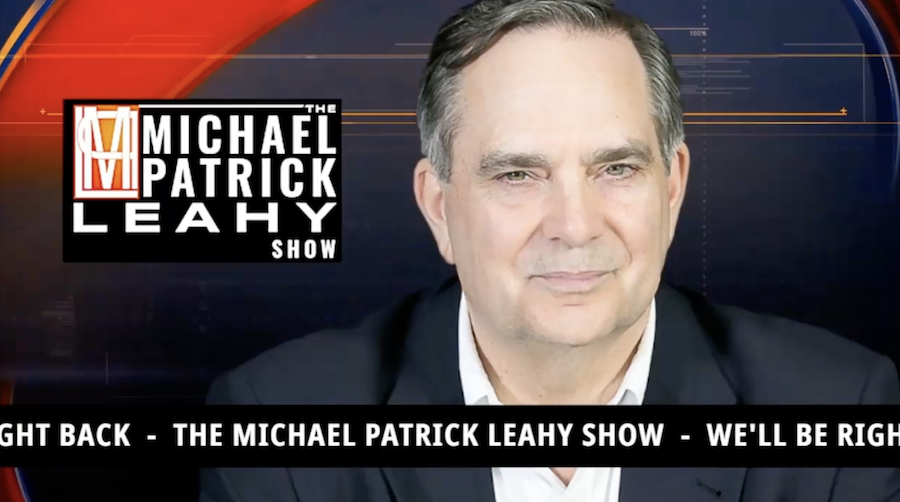
Chamber of Commerce Lawsuit Against H-1B Makes Elementary Errors
Commentary - Monday, October 20, 2025
By Jared Culver, Legal Analyst
Racing to the rescue of cheap foreign labor, the U.S. Chamber of Commerce has filed a lawsuit challenging President Trump’s $100,000 fee for H-1B visa admissions. The complaint includes much discussion about the abundance of jobs H-1B visas create, shortages of American workers, and the trials and tribulations of employers in need of cheap labor. However, perhaps they used cheap labor to draft the lawsuit because it makes some fundamental errors in making the case.
The Chamber’s complaint challenges actions the President didn’t take to avoid circumstances that do not match reality. For example, the Chamber tells the court:
“The centerpiece of the Proclamation is the imposition of a $100,000 fee on all new petitions filed by United States employers intending to hire foreign workers through the H-1B program.”
In reality, the proclamation says[emphasis added]:
“Section 1. Restriction on Entry. (a) Pursuant to sections 212(f) and 215(a) of the Immigration and Nationality Act (INA), 8 U.S.C. 1182(f) and 1185(a), the entry into the United States of aliens as nonimmigrants to perform services in a specialty occupation under section 101(a)(15)(H)(i)(b) of the INA, 8 U.S.C. 1101(a)(15)(H)(i)(b), is restricted, except for those aliens whose petitions are accompanied or supplemented by a payment of $100,000 — subject to the exceptions set forth in subsection (c) of this section.”
This is important because the President’s Proclamation relies on 8 U.S.C. 1182(f) which gives the President the power to restrict only the entry into the United States of aliens or classes of aliens. In other words, the Proclamation does not—and cannot—impact employers petitioning for aliens who are already inside the United States to get H-1B status. This is important because many of the aliens employers seek H-1B status for are foreign students who have already entered the United States as nonimmigrant F visa holders. They remain in the United States after graduation to work in the unlawful Optional Practical Training (OPT) program and then are sponsored by an employer seeking to retain them as H-1B workers.
While F visa foreign students to OPT to H-1B is the primary pipeline, the menu of options for entry outside of F is long. It includes aliens in the B, J, L, O, P, and TN visas. The issue is that the $100,000 fee only applies to aliens who are outside the United States and seeking entry as H-1Bs. So the Chamber is effectively lying to the court.
The Chamber spends the bulk of its argument making predictions of a policy apocalypse based on the falsehood that all new H-1B petitioners must pay the $100,000 fee. It predicts that small businesses will be effectively priced out of the program during a labor shortage.
And what is the Chamber’s argument for a labor shortage? The lawsuit cites…the Chamber:
“Meanwhile, the United States suffers from a well-documented labor shortage. As recent research by the U.S. Chamber has shown, ‘[n]early every state is facing an unprecedented challenge finding workers to fill open jobs.’ Understanding America’s Labor Shortage: The Most Impacted States, U.S. Chamber of Commerce (Dec. 13, 2024), https://perma.cc/ZMJ6-BNF5. In the most-affected states, for example, the number of job openings is more than double the number of unemployed workers.”
This is the fox saying we have a hen shortage. Additionally, the Chamber points to a supposed labor shortage for doctors:
“The skilled labor shortage is even more acute in certain industries. For example, the United States faces a serious shortage of doctors: One report estimated that the United States will face a shortage of between 54,100 and 139,000 physicians by 2033. See Association of American Medical Colleges, The Complexities of Physician Supply and Demand: Projections From 2018 to 2033 (June 2020), https://perma.cc/36P9-PS2R).”
But we know the problem with doctors is related to a shortage of residencies, not a shortage of medical graduates seeking work. The Chamber is arguing that H-1Bs are needed to fill an artificial shortage. Lawyers are allowed to make good faith arguments, but they must at least recognize the inconvenient facts that counter their arguments. Any serious legal argument to the court would confront salient facts regarding supposed shortages that they hang their entire case on, just to be safe.
The core of the Chamber’s complaint rests on the falsehood that the $100,000 fee applies to all new H-1B petitions and so will exacerbate the claimed labor shortage. However, in addition to the Proclamation not applying to all H-1Bs (rather just new entries), the Chamber cites itself and the artificial shortage of doctors as proof of a widespread labor shortage.
This labor shortage argument could not come at a worse time, given the current economic situation. To call it tone deaf would be an insult to shower singers everywhere. Young male college graduates are experiencing the same unemployment rate as those without a college degree. Even the New York Times recently featured this headline: “Goodbye, $165,000 Tech Jobs. Student Coders Seek Work at Chipotle.” Bloomberg just documented major abuses of the H-1B program under the headline: “H-1B Middlemen Bring Cheap Labor to Citi, Capital One.” The Chamber of Commerce is seriously arguing in a legal filing that there is a labor shortage in these industries without even acknowledging the real-world economy.
Meanwhile, the bulk of the legal complaint reads like an advocacy paper for the benefits to employers of importing cheap labor. No mention of the terrible labor market for new college graduates. Not a peep about third-party staffing agencies abusing the H-1B program. The Chamber parrots the labor condition application that H-1B employers file, but they have no discussion of the documented evidence of employers discriminating against American workers and hiding job listings to avoid hiring Americans.
Legal arguments have to be factual and comprehensive. Ignoring inconvenient facts or misstating the facts to the court is never advisable. It is a discredit to the Chamber that its legal filing more closely resembles a advocacy paper on the benefits of immigration than it does a considered argument that the President cannot use Section 1182(f) to impose an additional fee for the entry of H-1B workers.
The Chamber’s argument on the legal score is decidedly weak, as well. Essentially, they argue that Section 1182(f) cannot be used to change the statutory fee framework of Congress because “[i]t fundamentally alters the H-1B program by tacking on a plainly disproportional fee that expressly contradicts the more modest fees Congress has sought to impose.”
But this line of argument is lacking on at least two fronts. First, Congress gave broad authority under Section 1182(f) to presidents to put limitations on the entry of aliens. If Congress wanted to limit the reach of Section 1182(f) with regard to H-1B visas, it could have done so. Essentially, the Chamber is arguing that Section 1182(f) grants the President the power to bar H-1B entries completely, but not to impose a fee on their entry. That does not make sense.
Second, the argument assumes, without making the case, that the imposition of an additional fee is contradictory to the scheme of Congress. However, even the Chamber’s complaint acknowledges that Congress created the program with a desire to protect both the wages and job opportunities of American workers. If the President uses the authority Congress granted in statute to protect American workers who are clearly hurting, then how is that contradictory? In other words how is the President acting unlawfully when he uses authority from Congress to meet the goals Congress expressed regarding the H-1B program?
Given the activism of the judiciary we have seen under the Trump Administration, there is no reliable way to predict the outcome of this legal challenge. The complaint is factually inaccurate and logically suspect, but that has not stopped judges from ruling for their preferred policy and political outcome. The power of Section 1182(f) was upheld by the Supreme Court in Trump’s first term, but defiance of clear precedent is the norm now. However, the Chamber’s lazy complaint seems more a sop to donors than a serious legal argument.
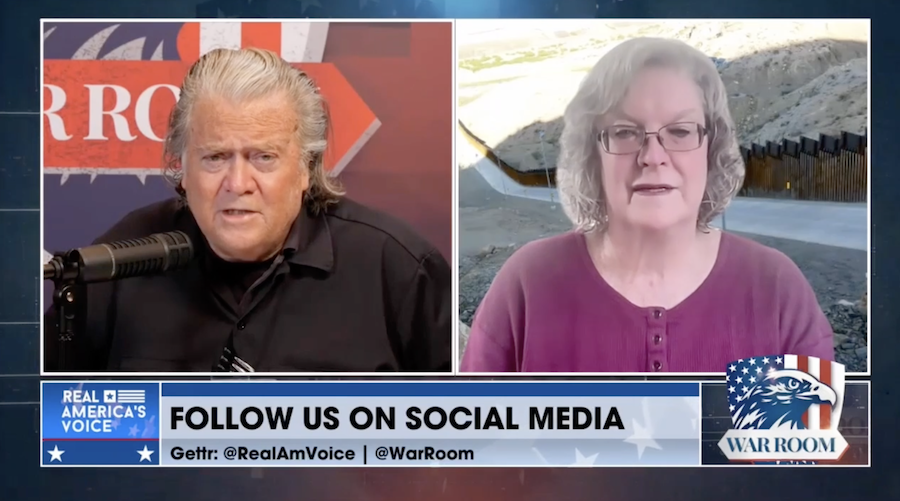
Video - Rosemary Jenks outlines Democrats' demand to limit immigration enforcement
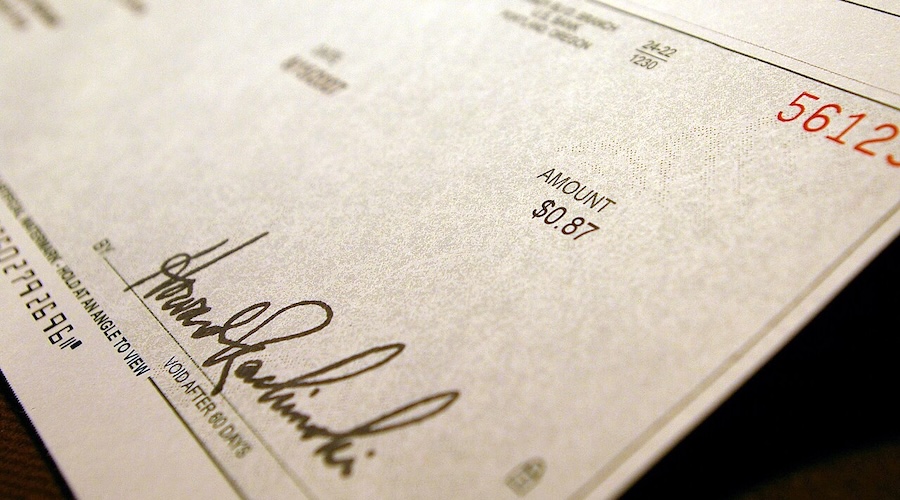
Commentary - Immigration 'On Net': Evaluating Wage Stagnation and Mass Immigration
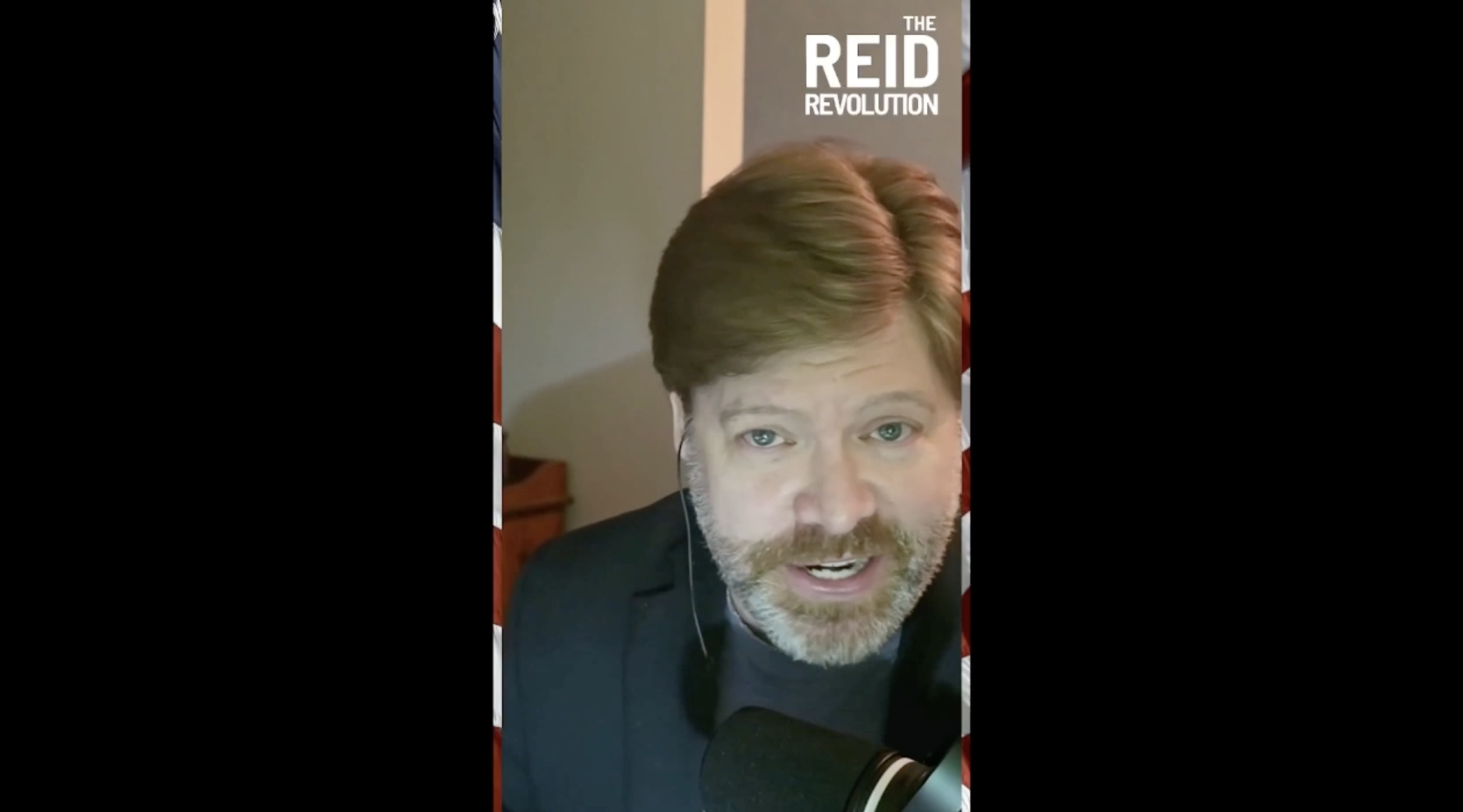
Video - Rosemary Jenks introduces IAP to the Reid Revolution Podcast
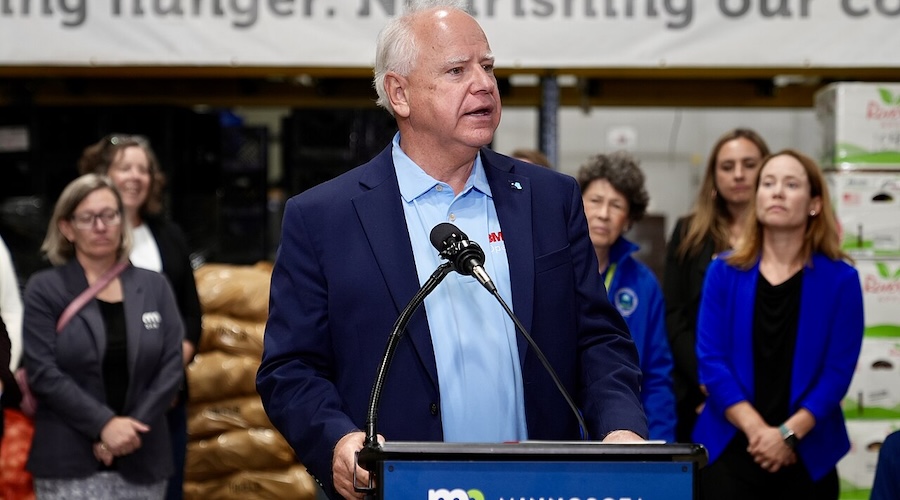
Commentary - Massive Fraud Makes a Moratorium Necessary
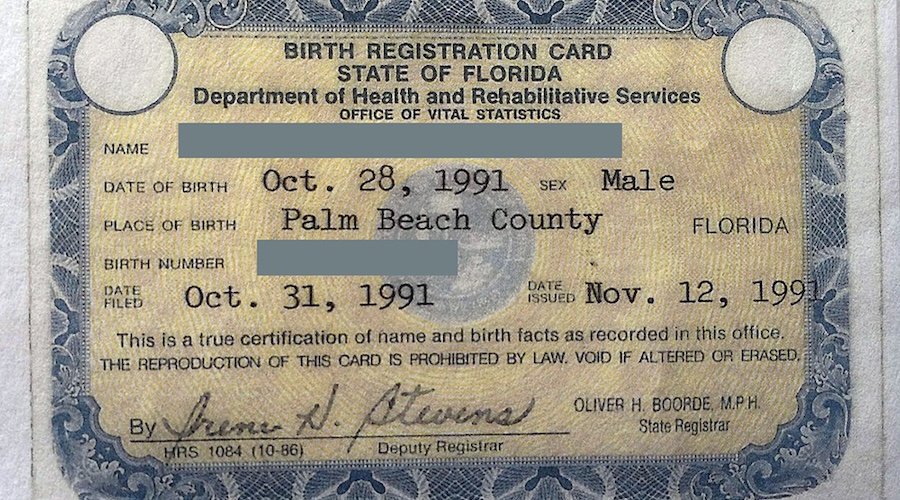
Commentary - Automatic Birthright Citizenship on the Chopping Block
